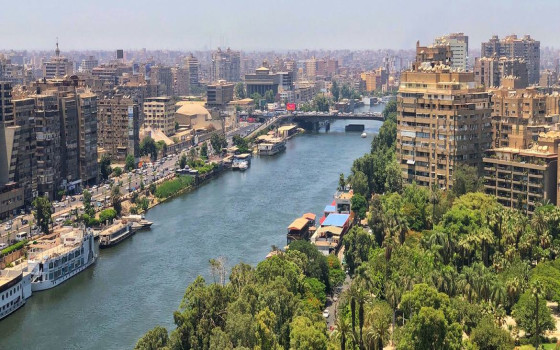
Egypt is malaria-free according to the World Health Organization.. A historic success in overcoming a disease that first appeared 4000 years ago

- Europe and Arabs
- Tuesday , 22 October 2024 13:11 PM GMT
New York: Europe and the Arabs
After more than a hundred years of efforts by the Egyptian government and people, the country has become "malaria-free" according to the World Health Organization, which the organization described as a "significant achievement" in the field of public health for a country with a population of more than 100 million people. According to the United Nations daily news bulletin, a copy of which we received this morning.
In a statement issued yesterday, Monday, the Director-General of the organization, Dr. Tedros Adhanom Ghebreyesus, said that malaria is as old as Egyptian civilization itself, "but this disease that plagued the pharaohs is now part of Egypt's past, not its future." He said that this achievement is a "historic success" and a source of inspiration for other countries in the region, "and shows what can be achieved with the right resources and tools."
Egypt is the third country in the WHO Eastern Mediterranean Region to be certified as malaria-free, after the United Arab Emirates and Morocco. Globally, a total of 44 countries and one region have achieved this achievement.
Egyptian Health Minister Khaled Abdel Ghaffar stressed that his country’s achievement of malaria elimination today “is not the end of the journey, but the beginning of a new phase” to maintain the achievement and in cooperation with all partners.
The roots of malaria in Egypt date back to 4000 BC, based on genetic evidence found proving the disease in the mummy of Tutankhamun and other ancient Egyptian mummies
A sign of hope for the whole world
Dr Hanan Balkhy, WHO Regional Director for the Eastern Mediterranean, said that Egypt has proven that we can overcome the biggest challenges “whenever we show foresight, dedication and unity.”
She added: “This success in eliminating malaria is not only a victory for public health, but a sign of hope for the whole world, especially for other endemic countries in our region. This achievement came as a result of investments in sustainable and robust surveillance in a strong and integrated health system, where community engagement and partnerships enabled progress. In addition, cooperation and support with endemic countries, such as Sudan, remains a priority.”
Malaria diagnosis and treatment are available free of charge to all residents of Egypt, regardless of their legal status, and training is provided to health professionals throughout the country to detect and screen for malaria cases, including at borders.
WHO explained that Egypt’s strong cross-border partnership with neighbouring countries, including Sudan, has contributed significantly to preventing the resurgence of local malaria transmission, paving the way for the country to be officially certified as malaria-free.
WHO awards malaria elimination certification to any country that demonstrates, beyond reasonable doubt, that the chain of local malaria transmission by Anopheles mosquitoes has been interrupted throughout the country for at least three consecutive years. The country must also demonstrate its ability to prevent resurgence of transmission



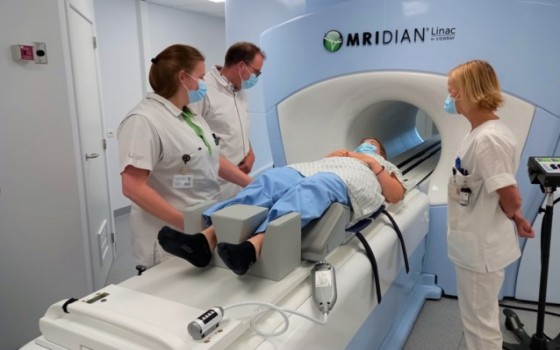
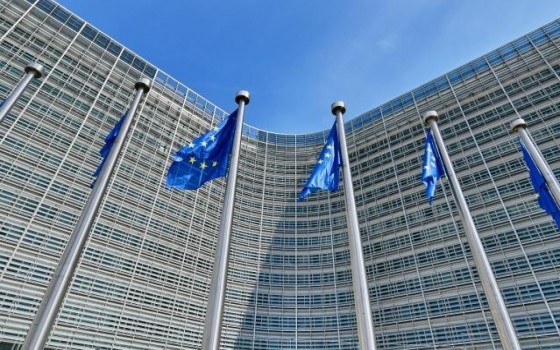
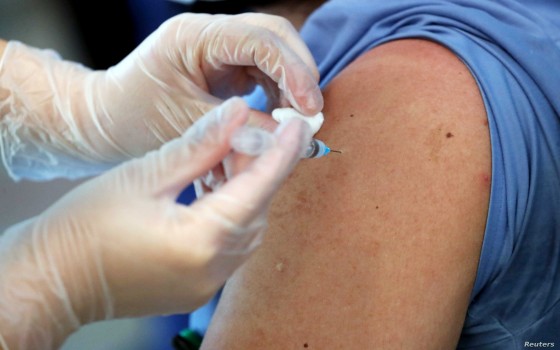
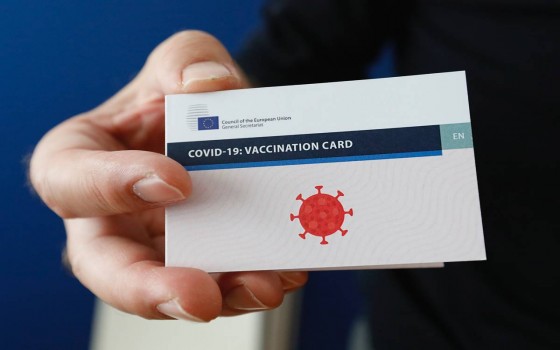


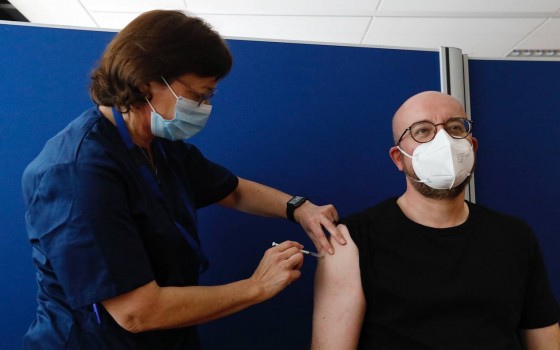


No Comments Found